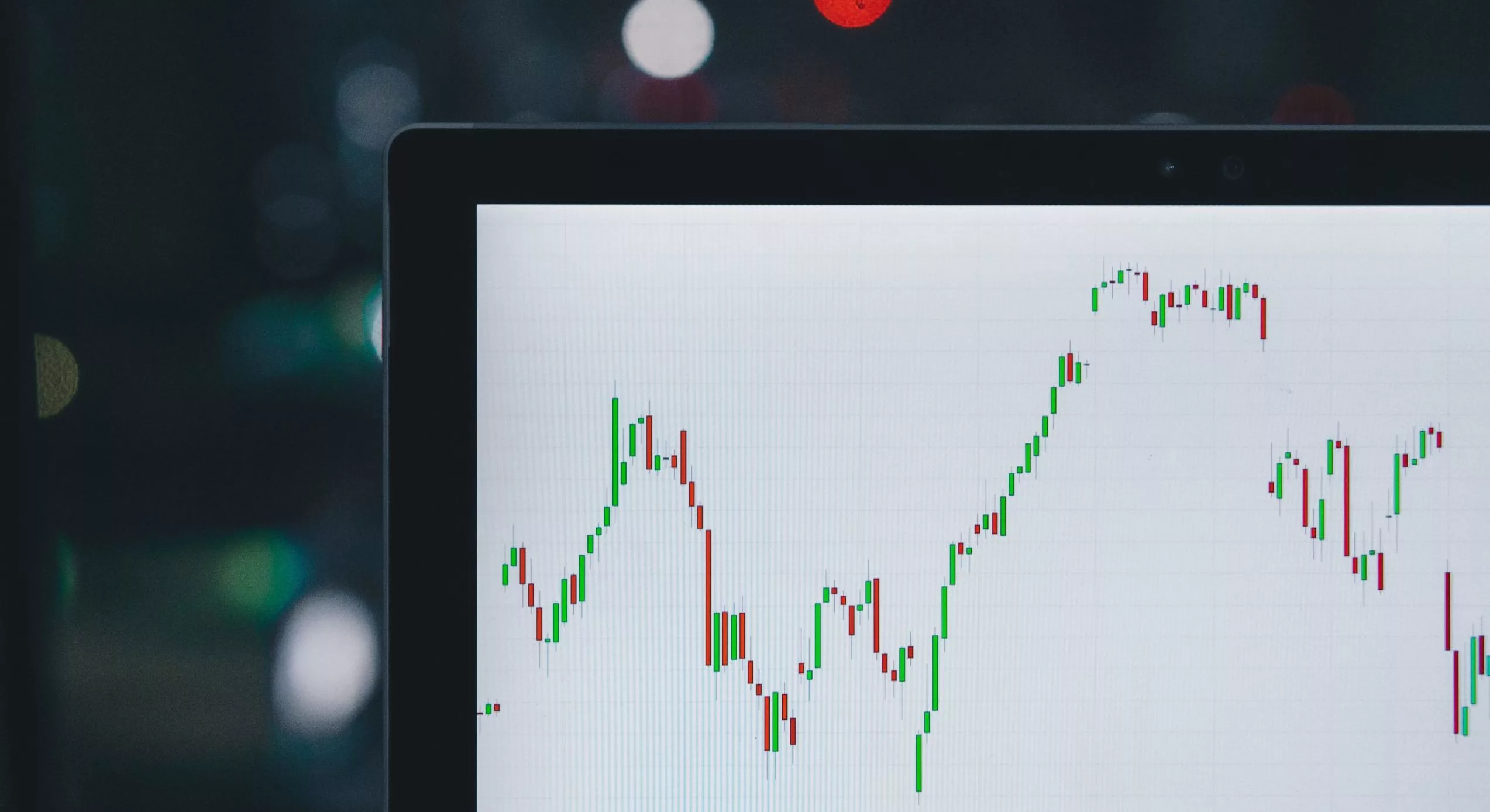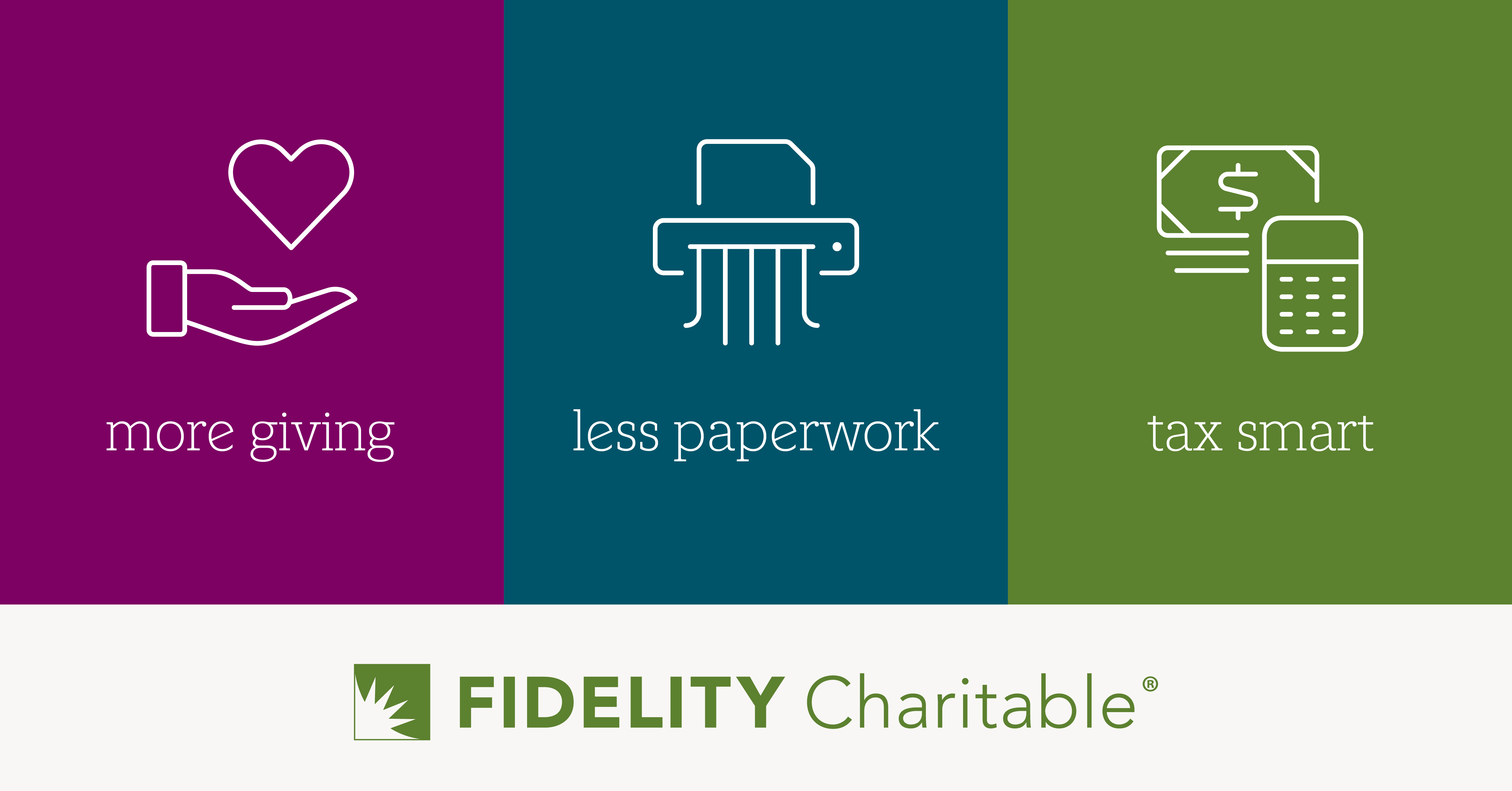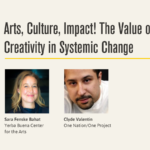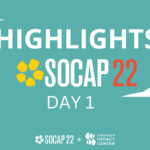By Tripp Baird, Managing Partner of The Builders Fund
For the past 50 years, the widely accepted goal for a business has been dominated by the theory of shareholder primacy—the concept, famously espoused by Milton Friedman, holding that the purpose of business is to maximize shareholder profits irrespective of the interests of other corporate stakeholders. Other impacts of the business have generally been termed “externalities”—as in, not the business’s problem. In this system, the end goal has become wealth accumulation, and externalities and other stakeholders are generally set aside.
Dumping waste in the environment—the commons we all share and rely on to survive—paying the lowest wage possible to get the job done, extracting whatever the business needs to sell more and more: These are the rights of shareholders in their pursuit of wealth, according to this theory. Our country measures its economic success in one number: gross domestic product—GDP. And today, the growth of that number is inextricably tied to extraction, waste, and excess consumption. Since 1980, real GDP per capita in the U.S. rose 79%, which means we should all share the benefits and success.
Right?
Not so much.
Consider this: For the bottom 50% of the population, after-tax income has risen just 20% in this period, but for the top 0.01% income rose 420%. While capitalism has had an unequivocally positive impact throughout history in reducing poverty levels and increasing life expectancy and much more, these benefits have not been shared equally.
Stakeholder Capitalism: A Systems-Responsible Approach
The coronavirus pandemic has laid bare the illusion that wealth accumulation is the primary definition of success in business and life, and that we all have equal access to the pursuit of happiness. When the most vulnerable among us feel the greatest effects, while the wealthiest accumulate even more, it’s apparent that the system is fundamentally broken. The systemic oppression against BIPOC (Black, Indigenous, and People of Color) communities enacted by an economy rooted in a history of White Supremacy is playing out as I type, with mass protests and the threat of military action from our government against its own citizens in response to the murders of Breonna Taylor, Ahmaud Arbery, and George Floyd, among so many others.
We must begin thinking and acting more systemically: Businesses operate within a larger economic system, which operates within and through our global social systems, which all function within a shared natural ecosystem. The dominant capitalist model today has ignored that it is embedded in these larger systems, and that decisions which ignore the dynamic and interdependent nature of those relationships can have dire consequences. If we want to drive course correction on any of our significant and intractable global challenges, we need to pursue root causes with a systems mindset.
For example: How is it possible that over 40% of the U.S. population is obese and nearly 60% is overweight? Among other factors, that statistic is inextricably linked to the food system: We have created, in pursuit of profit maximization, a highly centralized, industrial food system that values production efficiencies, longer shelf life, and lowest input costs over nutrient density, freshness, and variety. The ingredients in these foods are also essentially produced with low levels of poisons because they are planted in large, monocrop or feedlot systems that are ripe for pest and disease attacks without strong chemical protection or antibiotics. And this model is set against an interconnected web of social inequality, with food deserts and a lack of access again laying a disproportionate share of negative health impacts against lower-income households. These production models also have a hugely negative impact on soil, water, and air quality—in the U.S., how we grow and process food is one of the top causes of carbon emissions, a primary driver of climate change. By following one problem—the U.S. obesity rate—upstream, we get a clear picture of the interconnectedness, the interdependence, of our societal and environmental problems. And at the stream’s source is the dominant Western social paradigm that says the GDP-driven, market-based system—without care or concern for the community, the environment, or the worker—is not only acceptable, it is right.
But the results of the system are not right. While the inequalities the system creates have been here all along, the pandemic has opened many people’s eyes to just how clearly the current model of capitalism is not serving everyone. The pandemic impacting BIPOC communities disproportionately has nothing to do with genes; it has to do with the social circumstances in this country, supported by centuries of racism and implicit bias, where a higher percentage of these communities are not in a position where they can stay home, but have to go to work to maintain their income and share space with more people. A full third of working-age people in the U.S. overall were living with less than $400 of savings to handle a crisis such as COVID-19. And this is a crisis: Over 40 million people—the equivalent of one out of every four American workers—have filed for unemployment since mid-March. We’re faced with a country where our social and political structures just keep saying, “It’s going to be OK. It’s going to go back to normal.”
But when “normal” is where the top 400 wealthiest Americans with a combined $3 trillion in assets have more wealth than the bottom 60% of Americans—196 million people—and are rewarded with further concentration of wealth in the face of the greatest wave of unemployment since the Great Depression, I don’t think we should “get back to normal.” The system had become too imbalanced and broken—it’s time to build a new normal. As business leaders and investors, we have to define and act on creating that new model.
Concrete Steps to Shift to Stakeholder Capitalism
We can’t hide the inequities or the suffering resulting from this pandemic, just as we can’t ignore the global unrest, social challenges, mass migrations, and destruction of coastal cities we face if we don’t take strong climate action now. We need leadership like the movement of Certified B Corporations to change what we value and expect from companies. Now is the time; there is a unique opportunity to do better.
Businesses’ first role, now, is to survive by navigating through the disrupted economy so their workers can stay safe, keep or regain their jobs, and continue to support their families and participate in their communities. But as business leaders begin to look ahead, we must elevate our thinking beyond a return to “normal” and identify the systemic problems upstream to understand why we are where we are. Significant systems change has to start from within, with our perception and awareness of our shared humanity: Ask yourself, how am I bringing a respect for the value of life and the value of the individual into my work life?
We must reject the idea we are all in a zero-sum fight where for me to win, you have to lose, and broadly recognize we are part of a larger system in which, fundamentally, all life is precious, deserving of respect, interconnected, and interdependent.
Below are three steps that will help us shift to a new model of stakeholder capitalism:
- Look for shared value with all of your stakeholders. Work to understand your business as an ecosystem with nodes that touch your stakeholders, where each node is an opportunity for shared value creation. This gives you the ability to, together, grow the dynamic living “system” of your business to be a long-term, value-generating platform for all stakeholders, instead of just a short-term wealth extraction platform for shareholders. Ironically, on a longer-time horizon, this will not only create more resilience but will actually generate far more wealth for ownership than short-sighted profit maximization anyway. One way to gauge how well your company is doing this is by taking the free B Impact Assessment.
- Remember that everybody matters—and act that way. Bob Chapman and Raj Sisodia’s book, Everybody Matters, explains the power in caring for your employees like your family, recognizing the value of their work and their lives. As a leader, don’t stop at creating employee engagement; create career paths and a livelihood for your employees as well as a safety net through your business for the people in your care. Consider ways to build in structures to alleviate financial struggles, such as Income Advance programs.
- Become actively anti-racist. To build a truly inclusive business and economy, we can’t be passively non-racist; we must move to take active steps toward becoming anti-racist and can no longer remain passive or silent on the issue. Consider what trainings and practices you can adopt to ensure your company is anti-racist, all-inclusive, and tackling climate change with a climate-justice lens. Access resources on anti-racist allyship from the Dismantle Collective and Sarah Sophie Flicker and Alyssa Klein.
- Vote at the polls and vote with your dollars. In our roles as business leaders and as consumers, we have the power to practice civic engagement as well as vote with our dollars. Through our business and personal purchases, we can demand that companies start thinking systemically and operating as part of our shared ecosystem. We make statements about the world we want to live in through who we buy from and do business with—when you vote every day, make it count for the economy we want, not the one we had.






